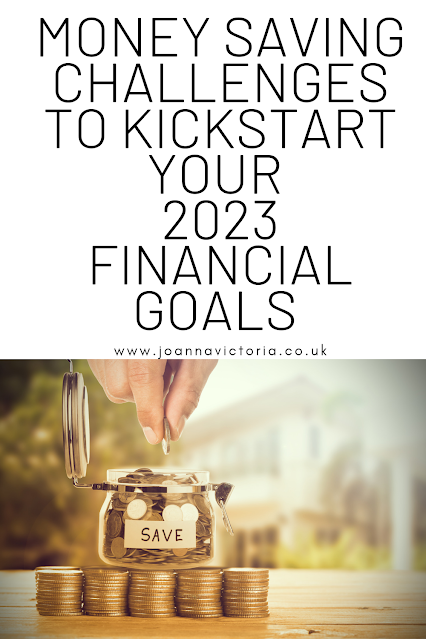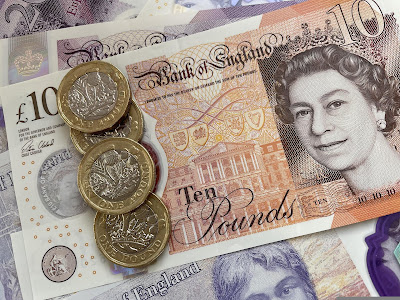The number one thing I recommend to anyone wanting to sort out their finances is to have a budget. Having a budget helps you to keep track of where your money is going. There are quite a few different types of budgeting methods and what works for others may not work for you. The right type of method for you, should fit with your own personal goals.
Budgeting does take time and effort, however it's great for helping you to gain financial independence by spending money responsibly, improving debt repayment strategies and increasing your savings goals.
5 Budgeting methods to consider
Before choosing a budgeting method it's a good idea to sit down and look through your finances to see if you can spot any trends. You can do this by looking at bank statements or by keeping approximately two months worth of receipts. To make it easier it's wise to sort them into categories such as household, food, personal, entertainment etc. Once you understand your finances better and understand your spending patterns then it's time to look into budgeting methods such as the five below.
The 50, 30, 20 method
The 50 30 20 budgeting method is where you plan your budget by allocating it into three categories: needs (50%), wants (30%) and savings (20%). This is a great method if you are starting out with budgeting as it doesn't mean having to track thoroughly. It's also great if you struggle with budgeting and want to find a method that's a bit more easier. You can also customise the percentages depending on your circumstances, for example 40/25/35 if you are wanting to put more into savings/debt.













